Messages from Our Researchers
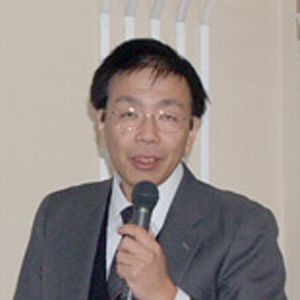
Hiroshi NakanoWith the development of the Internet, you can now search for information, send messages or share data on social media, go shopping, look through encyclopedias, have text translated, talk to people, control home appliances, and so much more. It’s become an essential part of our everyday lives, and new uses for this platform keep on coming out. For education as well, I think we should work together not only to convert current education methods onto the Internet, but also create new, highly effective education solutions that would never have been possible without this technological breakthrough.
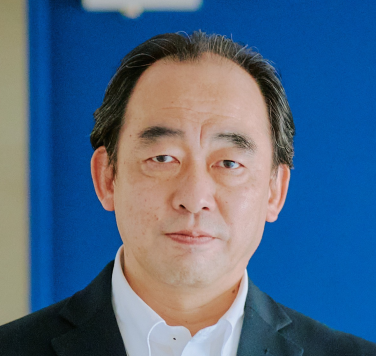
Toshihiro KitaI would like to be involved in research that can bring about something no one has ever seen before, even if it’s something very niche.
Some of the subjects I am researching now or have an interest in are as follows:
- Customization and functional improvements for e-learning systems such as Moodle, etc.
- User interfaces that encourage user participation
- System integration using Web technology
- Artificial intelligence technology applications in education
and many others.
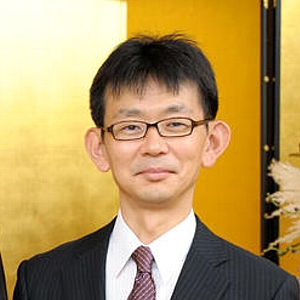
Masashi TodaI would like to be involved in research activities that are carried out in a precise and exact manner, down to even their smallest detail. To achieve this goal, I think that thinking about your research topic exhaustively, even when you’re going to sleep or just waking up, is key! Though extremely difficult, I think this is in fact something anyone can do, and it is the greatest weapon for opening up a whole new world of research. Let’s challenge the common conceptions of the world, together.
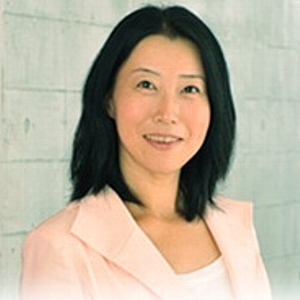
Yoshiko GoudaI remember finishing my educational practicum and thinking, “I want to become a better teacher”. So, at 22, I went straight from finishing my undergraduate education on into a master’s program. During the graduate school entrance ceremony, a professor gave a convocation that began with, “For better or for worse, you have all started down the road to being researchers”. “Researchers”, now there was a word I hadn’t been expecting to hear! Many years have passed since then. I have done my rounds as a researcher now, searching for the best answer to various questions, while all the while finding myself stunned at the might of education and overwhelmed by the potential of learning. I will do my best to preserve this path I’ve chosen to take, for the greater happiness of everyone in the world, and of generations still to come.
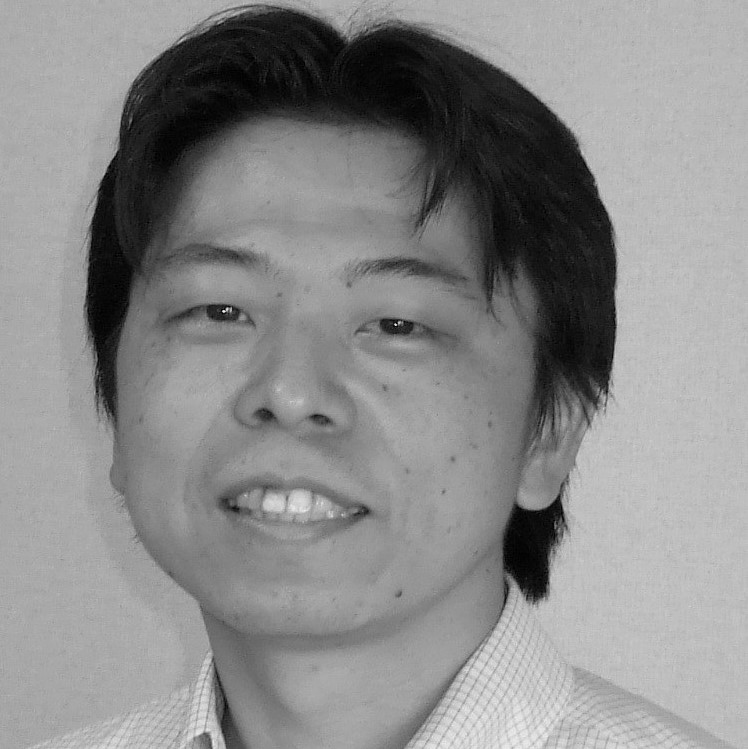
Shinichiro KubotaI want to help people who study online. That’s why I work in this field. In particular, I want to utilize information systems to increase the effect, efficiency, and appeal of learning. Using information systems, we can collect data about the information people operate or access. I want to use this collected data as input data and create a system that outputs feedback to fit the needs of online learners. Let’s share ways to make learning more effective, efficient, and appealing.
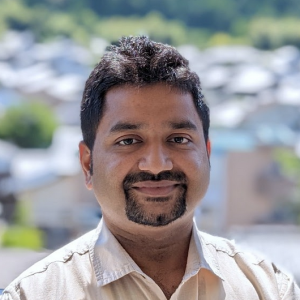
Rwitajit MAJUMDARResearch is beautiful! It gives one a pleasure to think deeply on one aspect of inquiry and progress the boundaries of knowledge just a little bit. In learning analytics research, the aim is not only to understand learning but to enrich that experience further by creating further services in the learning environment and practices around using it. The research question in pursuit and the alignment of methods, results and interpretation is important and meaningful for me.

Asuka KawagoeMy research theme is “Learning and Growth of University Students.”I am researching what kind of curriculum is necessary to ensure the quality of university education. Specifically, I develop educational programs and measure, evaluate, and improve the effectiveness of education. I am conscious of the fusion of research and practice. As a result, when students tell me “I’m glad I came to Kumamoto University” and I see graduates doing well, I feel glad to be a researcher. Let’s create the future together.
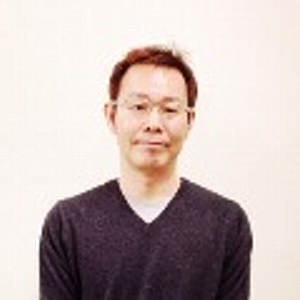
Yoshihiro EkawaAs Richard Wurman once said, the majority of communication is receiving instructions from someone else that say, “I want you to do X”. In this way, promotions such as advertising in the field of marking are also instructions to encourage changes in our attitude. I am interested in people gaining a wider conception of what education is. Furthermore, I am interested in applying the theories and methods of education to fields such as mine in economics through human resource development, as well as behavioral economics and even creative fields like human expression, and so on. There are so many small examples of instructions that change our behavior. Just think of a small target on a urinal in the men’s room at a restaurant, or the changes in number of sales made through a tiny change to the design of an online marketplace. Aren’t there other instructional examples out there that pique your interest as well?

Katsuaki SuzukiResearch is something you do to make the people around you happier. I always tell my students to try to keep in mind whether their research will be useful, so that it doesn’t just end up as research for research’s sake. Look at the world around you, try to think of some way to make it better, and then use that. Or, dream up something that, if it existed, would make everyone happy. We advising faculty are here to help you build that dream into a proper research topic. For a master’s thesis, you just need to figure out the key point that will make your thesis work, and then really focus on that point. That’s all you need to do. But it’s not that simple for a doctoral thesis. The doctoral program is not just an extension of the master’s program. You have to show that you can stand on your own as a researcher. As faculty, we can help you think of ways to get your thesis selected for peer review by an academic conference, but please understand that we don’t have all the answers. A doctorate is something granted to someone who becomes number one in the world in some field of knowledge, even if it’s just for a brief moment.
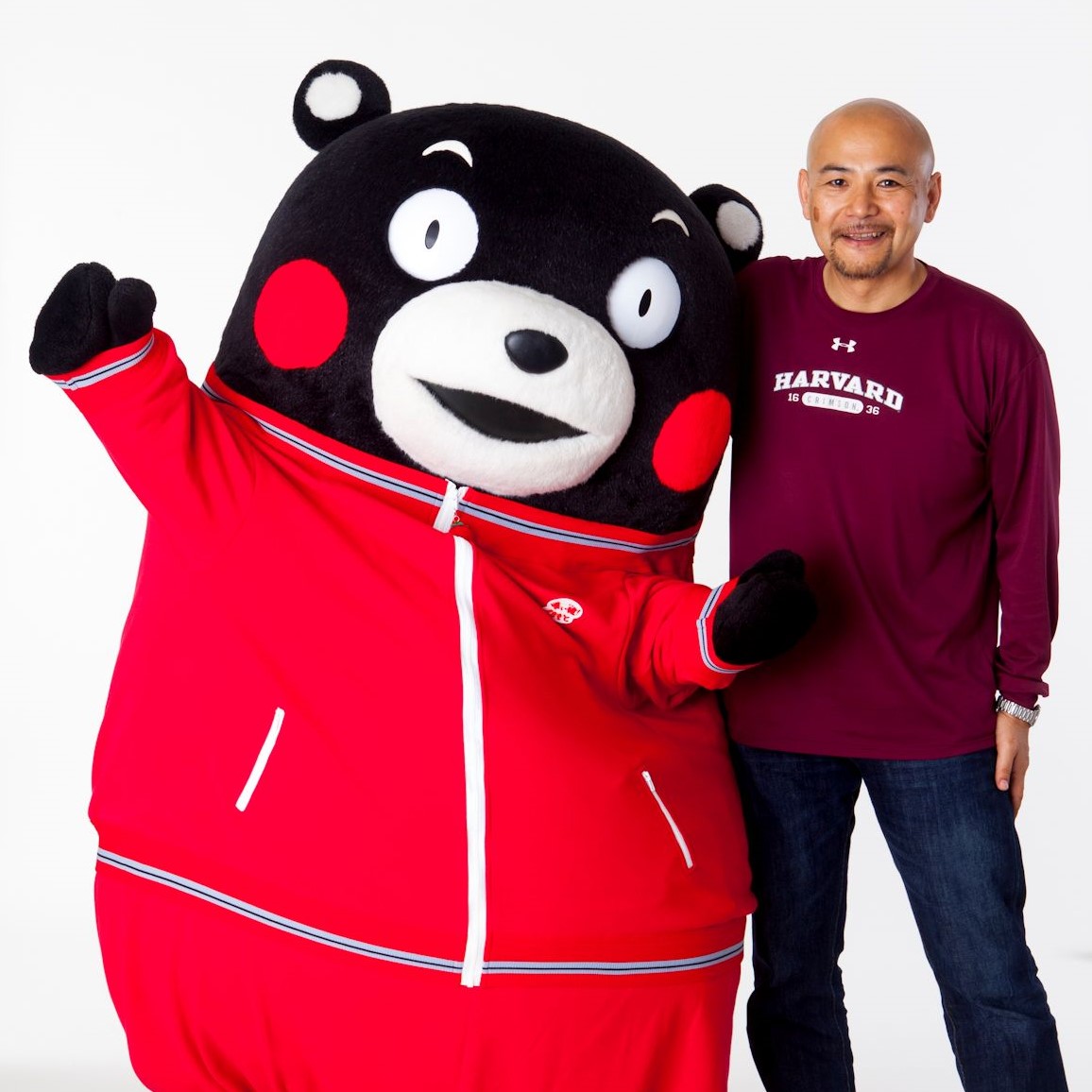
Shigeki Tsuzuku“It’s almost impossible to change a person’s behavior!” One of my professors told me this when I was in graduate school. I was shocked. Ever since then, I’ve been seriously thinking about “what can we do to lead people to be successful?”, “what can we do to make them want to keep trying?”, and “what can we do to achieve results?” This thought process is what led me to first encounter ID. I currently work in preventative medicine at workplaces and in local municipalities, applying my knowledge of ID to create programs for preventing the onset of lifestyle diseases or people from becoming bedridden, and in human resource development for professionals in this field. However, ID is not just an effective tool in preventative medicine for diseases, it can be adapted to help solve almost any problem. Regardless of your professional background, if you’re someone who worries about how to solve everyday problems, please consider joining this program.
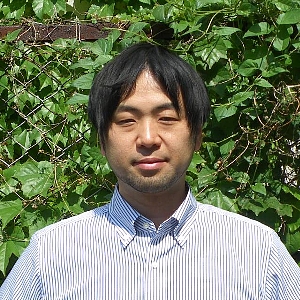
Naoshi HiraokaI used to love games and movies, but hated studying. This led me to try to find the most effective way to study, so I could spend the minimum amount of time on it, and more time doing what I liked. Looking back, I can see that the strategies I thought up back then were similar to those used in ID. It’s such a waste to spend all of your precious life studying, so I want to figure out more strategies to turn into systems that can help everyone have an easier time studying. I think the ideal studying system would be something like a hamster’s wheel. A hamster only spins his wheel so much because that’s how much he wants to run. I know that people all have a hidden desire to improve themselves and learn more, so I would like to create an environment that is the hamster’s wheel of natural studying, in which people can study just as much as their heart desires.






